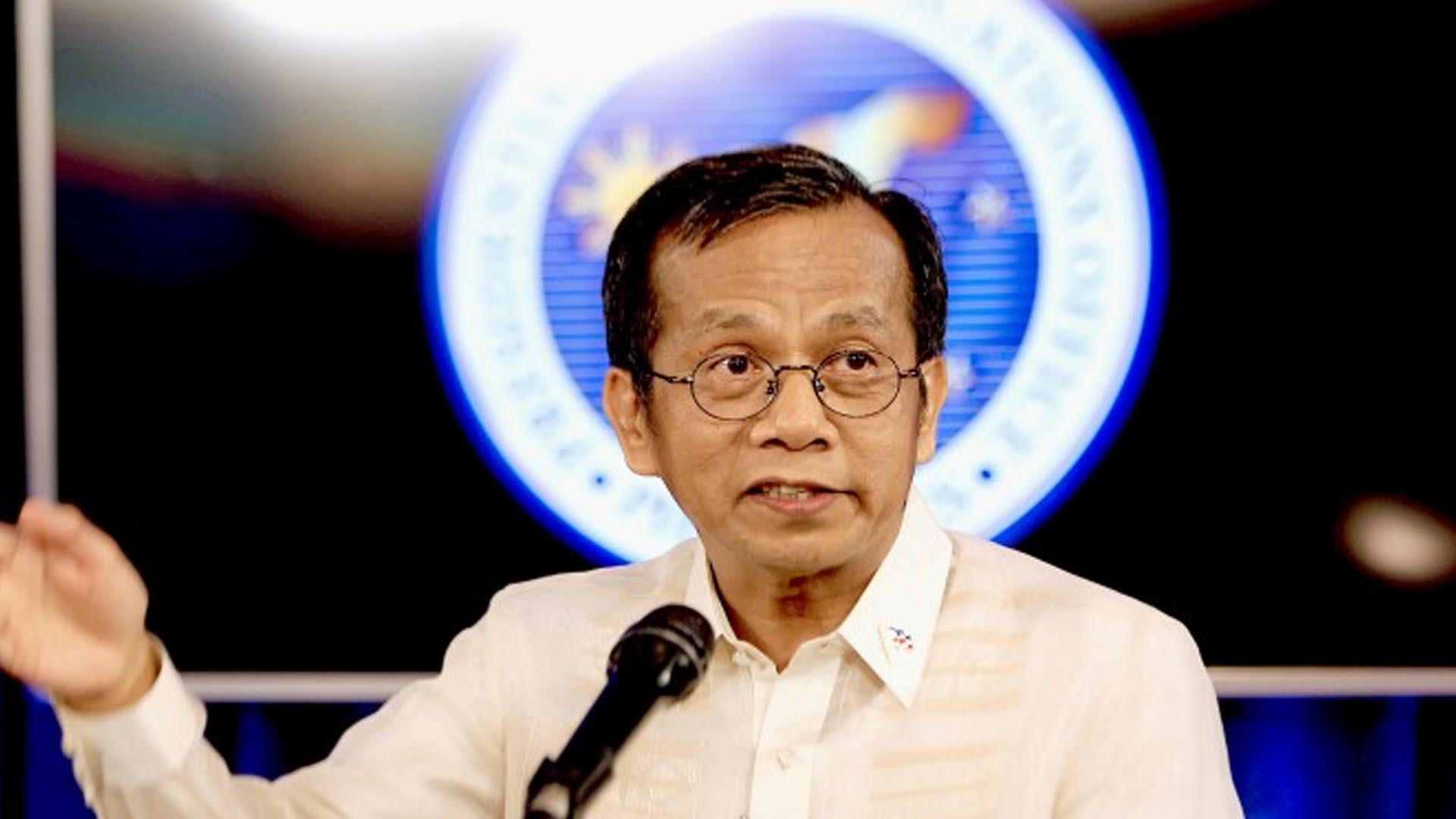The Philippines continues to be an economic bright spot in the region, the head of the United States (US)-Association of Southeast Asian Nations (ASEAN) Business Council said on Thursday, noting that US businesses expressed strong interest to invest in the country.
“The Philippines is a very important investment destination and continues to be an economic bright spot in ASEAN. The country has a rich history of resilience, innovation, and progress,” US-ASEAN Business Council president and chief executive officer Ted Osius said during the Philippine Economic Briefing in San Francisco, USA on Thursday (Manila time).
“The country’s robust economic growth, its young and skilled workforce, its strategic location, its strong domestic market, and vigorous infrastructure development have historically made the Philippines attractive to investors,” he added.
Osius said interest from member companies and the US private sector to invest in the Philippines remain strong.
He added that the private sector also recognizes the government’s efforts to further attract investors in the country and to further deepen US-Philippines economic ties.
Osius said multiple diplomatic engagements between the US and the Philippines including President Ferdinand R. Marcos Jr.’s official visit to Washington DC last May served as a powerful indicator that US-Philippine ties will continue to advance under the Marcos administration.
“Speaking on behalf of the American companies, we welcome this clear direction, this clear intention to deepen and broaden our alliance,” he said.
“The Marcos administration is clearly committed to strengthening the country’s investment climate through various initiatives guided by the administration’s 8-point socioeconomic agenda,” Osius added.
Medium-term economic growth
During the briefing, members of the economic team also highlighted the country’s economic growth potential.
National Economic and Development Authority (NEDA) Secretary Arsenio Balisacan said the lower end of the government’s 6 to 7 percent economic growth target for this year is still “doable.”
The country’s gross domestic product (GDP) grew by 5.9 percent in the third quarter of the year, up from the 4.3 percent in the second quarter. This brought the year-to-date economic growth at 5.5 percent.
To achieve the low end of the target, Balisacan said the economy will need to grow by at least 7.2 percent in the fourth quarter.
“Now is that doable? I think yes. It’s still doable. There’s still much space for the acceleration of government spending which hounded the performance in the first half of the year, there’s still much space there,” he said.
Balisacan said easing inflation will support growth.
“Inflation will continue to moderate. With nearly two thirds of the economy dependent on domestic consumption, we can imagine the impact of inflation on the economy and so with the moderation in the last quarter and the last quarter also comes with all these inflows associated with holidays so we would expect 6 percent [growth],” he said.
Balisacan said the 6.5 to 8 percent economic growth target for 2024 to 2028 is also possible amid easing inflation and higher infrastructure spending.
“Moving forward next year, medium-term we are targeting 6.5 to 8 percent up to 2028 and I think with the target to move inflation to the 2 to 4 percent range and with the ramping up of the infrastructure program including housing which was not mentioned here but we are ramping up a major program on housing and by our estimate that would add about 1 percentage point of GDP if we can get that rolling next year. So I think the 6.5 to 8 percent growth for the medium term is very much within the possibilities,” he said.
Finance Secretary Benjamin Diokno, meanwhile, reiterated that the government’s Medium-Term Fiscal Framework (MTFF) will help in sustaining the country’s strong post-pandemic economic recovery and support accelerated growth.
Diokno said under the MTFF, the government aims to bring down the deficit-to-GDP ratio to 3 percent by 2028, reduce the debt-to-GDP ratio to less than 60 percent by 2025 and to 51 percent by 2028, and sustain the infrastructure spending at 5 to 6 percent of GDP annually. (PNA)








